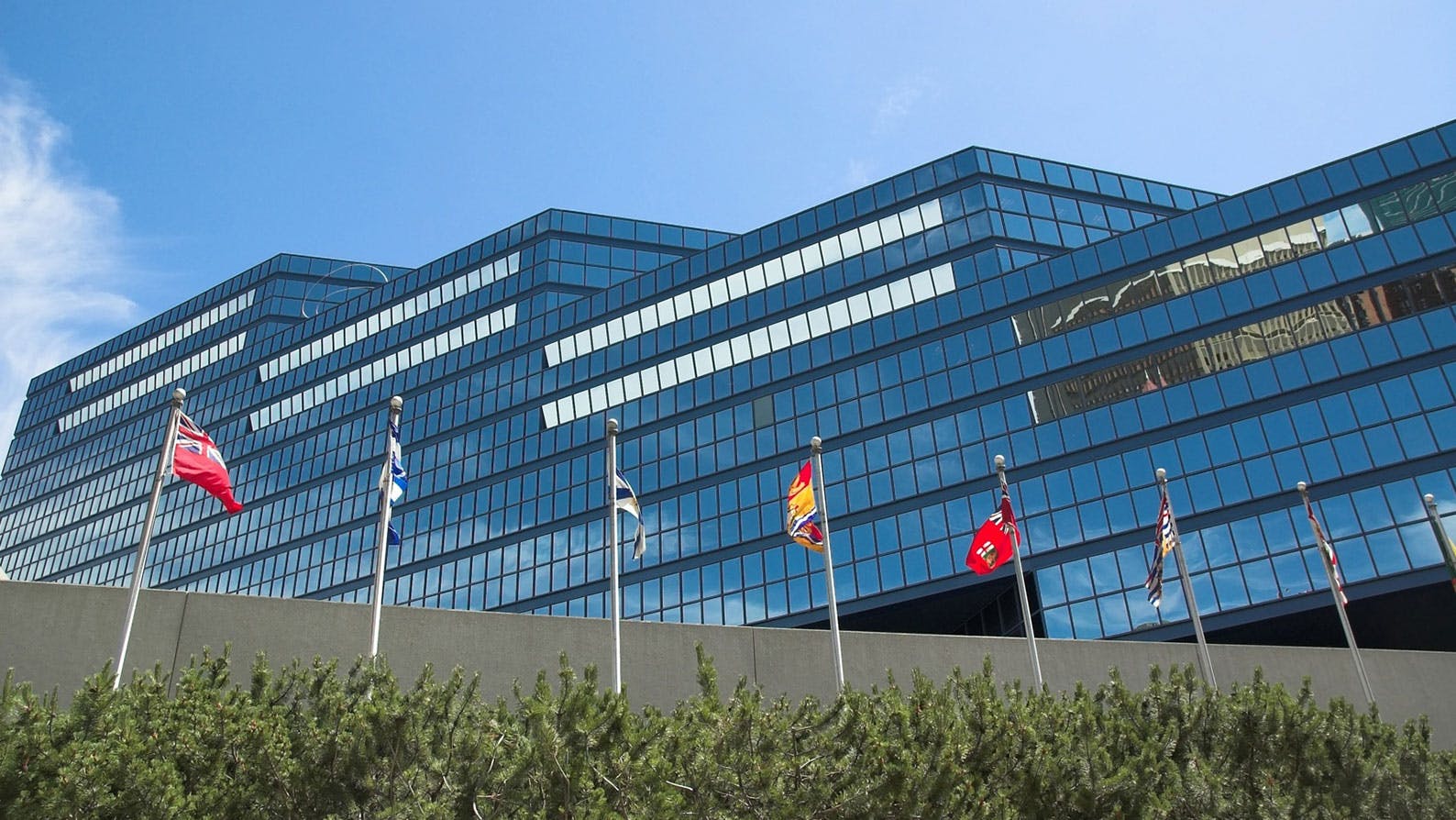Calgary City Council, in late November passed the City’s operating budget for 2019-2022. The “One Calgary Plan” outlines the spending and revenue direction taken by the City on everything as broad as economic diversification to as narrow as specific user fees.
The adopted budget will see property taxes rise, on average and across all properties, by 2.45 per cent in 2019, with an additional 3 per cent increase planned for each year between 2020-2022.
For the first time, the City voted to assign different tax rates to the residential and non-residential tax bases. The City approved fixing the residential tax increase to 3.45 per cent. The City also committed to finding $8 million in savings immediately from the City’s employee wage and salary account, recognized in November. These savings will then be shifted directly into relieving non-residential taxes as a first step to easing the shifting tax burden from downtown vacancies on businesses outside the core.
To further address the tax shift, the City has taken some initial actions to cap the non-residential rate increase at 10 per cent. This cap will be delivered through the continued use the City’s Municipal Non-Residential Phased Tax Program (PTP), which will provide $45 million in relief. The PTP was recommended by the Chamber in 2017 and continued in 2018. Over this two-year period, it has provided $86 million in tax relief to close to 7,500 business properties.
The Chamber sees these measures as only a starting point to further rate reductions. While the Chamber is encouraged that the City shifted some of the burden by finding operating efficiencies, and continuing the PTP, more work needs to be done. In fact, the City’s 2019 plan still sees an overall operating budget of more than $4 billion. This is $400 million above the Chamber endorsed “Smart Spending Bandwidth”; meaning the increases in the City’s budget spending are beyond increases in inflation and population growth.
Responsible spending is of keen interest to the Chamber. As businesses continue to wrestle with a rising tax burden finding efficiencies in the City’s spending can go further to reduce tax increases on the business community. These taxes are adding to layers upon layers of costs from all levels of government, hampering business growth. We look forward to continuing to work with the city to find solutions to address the non-residential tax shift.
Other adjustments made by Council to the City’s Initial 2019-2022 budget include:
Libraries to receive $1.4 million increase in funding to cover inflation, reduced from $3 million in initial budget.
$18 million was freed up though a 0.25 per cent operating cost cut. These funds will be allocated to Calgary Economic Development, Heritage Park, Calgary Arts and Development, and Calgary Parks Foundations.
$43 million in previously unallocated funds will be used for one-time investments in capital projects. These may include projects such as upgrades to parks, community associations, streets, LRT, and urban forestry.





